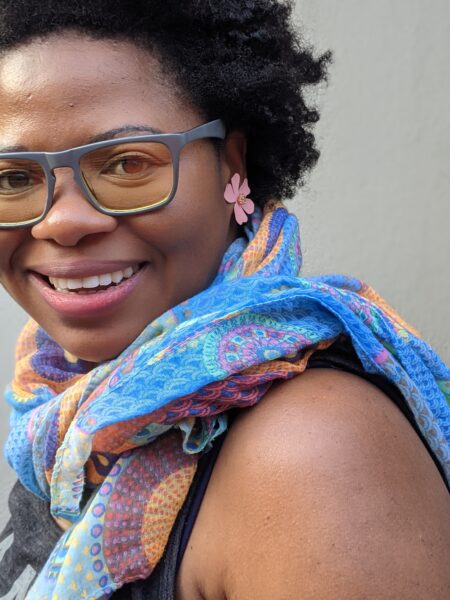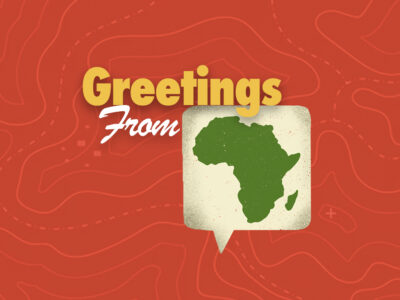
Photo provided by Siki Dlanga and used with permission.
As part of our ongoing series highlighting the work of activists promoting African languages in digital spaces, we would like to feature Siki Dlanga (@sikeedlanga) from South Africa. Siki is a Xhosa-speaker, a language used by approximately 19 million speakers as their first or second language across South Africa and parts of Zimbabwe.
Rising Voices (RV): Please tell us about yourself.
Siki Dlanga (SD): I work for the South African Indigenous Languages Action Forum otherwise known as ILAF. It is a network that connects indigenous language activists of all kinds even though it is mostly known by academics. ILAF promotes the work of indigenous languages in South Africa. We facilitate conversations, promote and highlight any indigenous language work that is positive in the country. Some people have written maths and science books in indigenous languages and we would like to promote their work. Others have created podcasts or work with judicial systems and indigenous languages. The work varies. There are millions of indigenous language speakers in South Africa and there is much work to be done.
RV: What are your motivations for seeing your language present in digital spaces?
SD: I wish to see more parents being motivated to teach their children their mother tongue instead of abandoning it for English. I would like to see digital spaces that promote language speakers to develop the language in their respective fields.
RV: Describe some of the challenges that prevent your language from being fully utilized online.
SD: The language is used on line but the translation is not always correct. Disabled users may struggle to be recorded accurately when using digital platforms as it is not Xhosa friendly and still serves English speakers more.
RV: What concrete steps do you think can be taken to encourage younger people to begin learning their language or keep using their language?
SD: First their parents need to be encouraged to pass the language on to their children. Second, there needs to be value seen through understanding economic opportunities that come with being learned in indigenous languages.

